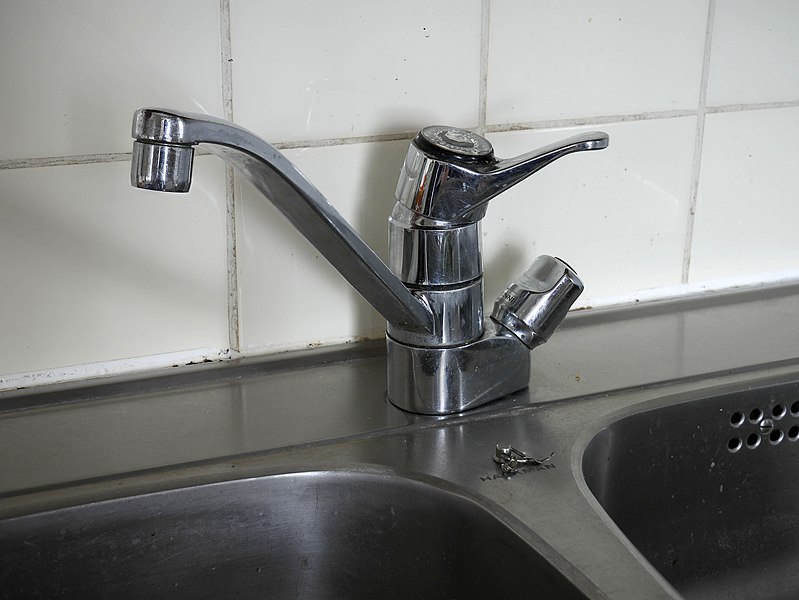
Water bills for households are set to increase in April, surpassing inflation rates, as water companies anticipate a rise in average annual bills. According to Water UK, the trade body
representing suppliers, the average water and sewerage bill in England and Wales is expected to climb by 6%, amounting to an increase of £27, reaching £473. Meanwhile, in Scotland, water and waste charges are projected to rise by 8.8%, equivalent to a £36 increase.
This announcement has sparked criticism from campaigners, particularly in light of recent scrutiny faced by water companies due to instances of sewage dumping into rivers. David Henderson, CEO of Water UK, defended the increase, stating that the upcoming year would witness record levels of investment, exceeding £14.4 billion, aimed at securing the future water supply and substantially reducing sewage pollution in rivers and seas.
Giles Bristow, CEO of Surfers Against Sewage, acknowledged this as a positive initial step in addressing the sewage scandal and the deteriorating state of the UK's water system. He expressed hope that this move signifies the water industry's recognition of the extensive challenges it faces.
The average expected bill, calculated by companies, will surpass the latest inflation rate of 4%, reflecting general price rises. Actual individual bills may vary significantly due to regional differences and usage levels for metered customers. In England and Wales, Wessex Water and Anglian Water anticipate the highest average bills, reaching £548 and £529, respectively. Conversely, Northumbrian customers are expected to experience the lowest average bills at £422.
Regulator Ofwat instructed several companies last year to limit bill increases, citing failures to meet key targets related to leakages, supply, and pollution reduction. The regulator also emphasized the need for water suppliers to offer assistance to those struggling with their bills.
While more than a million households in England and Wales benefit from reduced bills through social tariff schemes, saving an average of £151 last year, nearly half of Scottish households receive financial support for water charges. Consumer groups are urging water companies to allocate profits to fund social tariffs, particularly considering the financial strain faced by almost a fifth of households struggling to pay water bills.
In response to concerns about using profits for dividends, Water UK's Henderson defended the practice, stating that average dividends in the industry have remained at 3% since the beginning of the decade. He emphasized the necessity of attracting investment to sustain infrastructure development.
Looking ahead, Ofwat is considering proposals from water companies in England and Wales to increase bills by £156 annually by 2030, aiming to fund upgrades and reduce sewage discharges. The proposed increase could lead to a nearly doubled infrastructure spending of £96 billion, according to Water UK.
Despite acknowledging the substantial costs involved in upgrading the UK's aging water and sewage systems, some industry experts express concerns about the scale of investment required and the potential impact on consumers. Public discontent with sewage discharge into rivers, combined with ongoing financial pressures, adds complexity to the challenge faced by water companies. Ongoing consultations into water charges in Northern Ireland further contribute to the evolving landscape of water billing and infrastructure development.
Jim Wright, manager of the global infrastructure income fund at Premier Miton, recognizes that customers may bear the brunt of infrastructure improvement costs. However, he contends that the average household's daily payment of £1.29 for water and sewage services is relatively modest. As the discussion on increasing bills unfolds, striking a balance between necessary investment and affordability remains a complex dilemma for regulators and the water industry. Photo by Santeri Viinamäki, Wikimedia commons.



































